Gambling in Ireland 101: What’s to Know About the Irish Gambling Industry
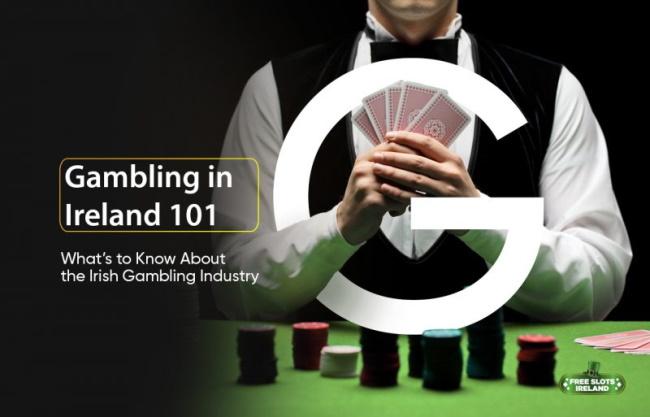
Trying your luck in Ireland? Here are gambling pointers to keep in mind.
The Irish have been enjoying gambling as one of their favourite pastimes. Here is all about Gambling Ireland Industry. All types of gambling and betting operations are legal in Ireland, it’s also considered to have been integrated into Ireland’s culture. While Ireland is well-known for greyhound racing and horserace betting activities, there are other forms of gambling such as online casinos and lotteries. Here is all about Gambling Ireland Industry.
Table of Contents
Bookmarkers, adjusting premises, and wagering have been regulated since the 18th century by a number of statutes and common law. Irish bettors enjoy all types of gambling such as sports betting, online casinos, and bingo games. Billions of Euros are spent by Irish citizens by playing online gambling games and land-based casino sites.
Despite many different thriving industries in Ireland’s economy, gambling is one of the largest, with over 6,000 people working in gambling shops, and another 1,000 people involved in Head Office operations for massive multi-national organisations.
It has always been a popular pastime in Ireland but, particularly in recent years, we’ve seen an increase in gambling activity due to advances in technology. Today, those in Ireland have 24/7 access to online casinos, with plenty of betting opportunities available to them. Plus, Google is opening the door to even more chances via eSports betting.
The Legalisation Of Online Betting In Ireland

Gambling in Ireland has always been popular, but evolving technology helped us bet in the comfort of our own homes. In 2015, the Betting (Amendment) Act was passed, legalizing online gambling in Ireland. Earlier to this, the Gaming and Lotteries Act 1956 was the primary document governing all Irish gambling activity. Here is all about Gambling Ireland Industry.
Relevant Legislation And Legal Bylaws
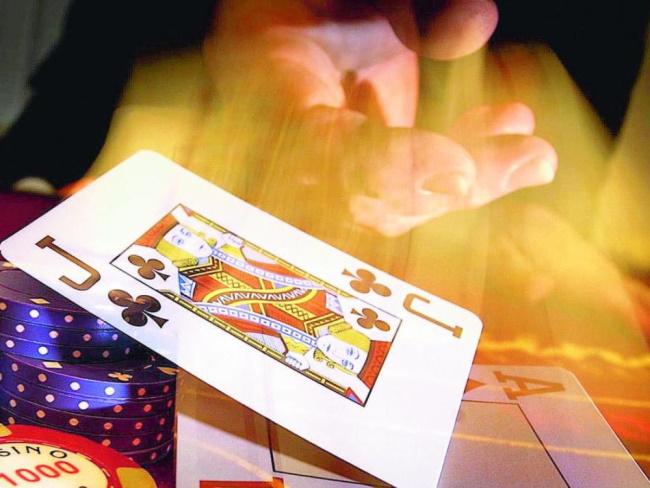
In 2013, to make casino gambling legal in Ireland, the Gambling Control Bill of 2013, Ireland’s antiquated gambling laws, was completely overhauled, resulting in the lion’s share of gambling being regulated by a single piece of legislation. However, it has yet to be passed by parliament.
Recently, the Irish Gambling Control Bill 2018 was introduced and updates were made in the gambling industry since 2013. The bill’s purpose is to control and monitor all types of gambling facilities including land-based and online casinos that offer their services and products in Ireland. Here is all about Gambling Ireland Industry.
To the surprise of many, the bill also limits the number of brick-and-mortars to 40 licenses for the entire country at any one time. There is no provision in the bill for ‘super casinos.’ And each casino is restricted to operating a maximum of 15 tables and 25 gaming machines.
Also within its scope is betting, which if the bill is implemented, approximately five separate gambling and betting licenses will be offered by the OGCI, including betting, gaming, personal, temporary and remote licenses. The latter would cover both betting and gaming. However, betting on horseracing and greyhounds would still be regulated by Horse Racing Ireland and the Greyhound Board, respectively.
Lotteries and Gaming
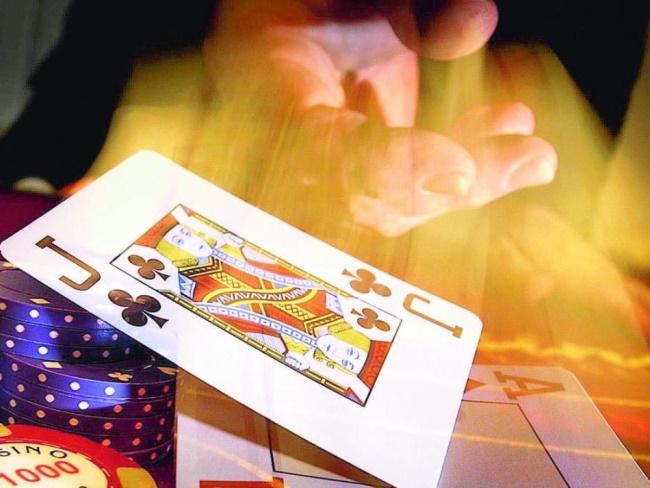
This category is mainly subject to the Gaming and Lotteries Act of 1956. The Act makes gaming illegal unless it is included in certain exemptions.
The latter is also divided into two types. One is associated with gaming that takes place at carnivals, circuses, or travelling shows. The second type of exemption is related to the way in which gambling activities and games are operated.
The Act of 1956 cannot be directly related to online gambling, but some provisions are considered technically applicable to such types of operations. Still, some serious legislative changes are needed in order to transform the Act and make it more flexible in order to cover online gaming, too.
According to the Gaming and Lottery Act of 1956, lotteries are currently legal in Ireland, though there are some restrictions. The Irish National Lottery, which is the largest lottery in the state, is governed by the National Lottery Act 2013.
In addition, the national lottery games are subjected to the rules approved and imposed by the Minister of Finance.
Betting
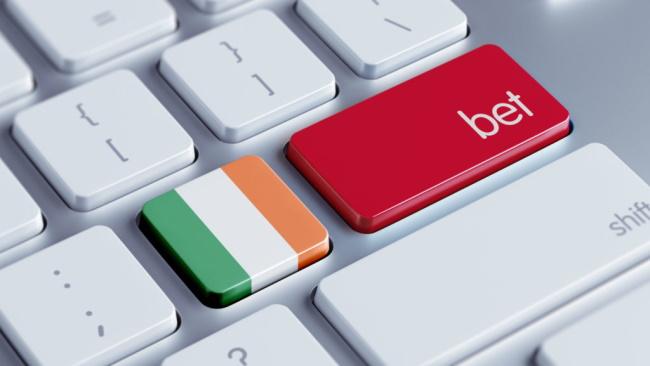
Until 2015, all sports and betting events were regulated by the Betting Act of 1931, the implementation of which came after the repeal of its predecessor, the Betting Act of 1926. Bookmaking remains the most popular form of gambling.
Signed into law in 2015, the Betting Amendment Act established specific licensing needs and procedures and paved the way for offshore sportsbooks and betting exchanges to merge with Irish licensing policies and taxation requirements.
The bill made it so online betting businesses looking to offer their services to Irish citizens must first have a remote bookmaker or betting intermediary license. To do so without one was illegal.
Online Gambling

Online gambling is currently legal in Ireland, which is one of the first countries that is most liberal when it comes to making Internet-based gaming operations legal.
Web-based gambling operations were officially legalized in 2003, and the first bookmaking website was launched in 2004. Soon, it was successfully followed by other gambling operators in Ireland.
To date, the Irish Government has issued licenses to web-based gambling operators that allow them to run their activities in the country. It is also legal for Irish citizens to engage in interactive casino games at domestic certified online gambling sites as well as through legally licensed offshore sites.
There was no tax or regulatory provisions that would exclusively apply when it comes to online gambling in Ireland. After a certain period of consideration, the country’s government made the decision to change the status quo. The Irish Betting (Amendment) Bill was published in 2012 and focused especially on filling the gap in the online gambling legislation left by the existing Betting Act of 1931.
As per the provisions of the Bill, all bookmakers that accept bets from local residents are required to obtain an Irish betting license. Also, a “remote bookmakers” license is required from operators that accept wagers over the Internet and generate more than €200,000 or 10% of their overall turnover online, no matter if they are based in Ireland or outside the country. Bookmakers and online casino operators that do not hold a license are subject to criminal charges.
As of 2020, a 1 per cent turnover tax applies to bets taken from Irish customers by both retail and remote bookmakers. Additionally, a 23 per cent VAT (value-added tax) charge applies to any gaming revenue supplied electronically to Irish customers.
There was also a proposal for increasing the taxation of online gambling activities in the country. However, authorities revealed that the proposal will not be developed any time soon. The delay was announced by the country’s Minister of Finance.
Still, the movie has found a plausible explanation, as it was a chance for bookmakers to take advantage of a grace period before the new taxation rules come into effect.
The new rules of taxation have been planned by the local authorities for several years now, but the legislation procedure was put off until it was completely pulled down.
The Legal Situation Of Online Gambling In Ireland
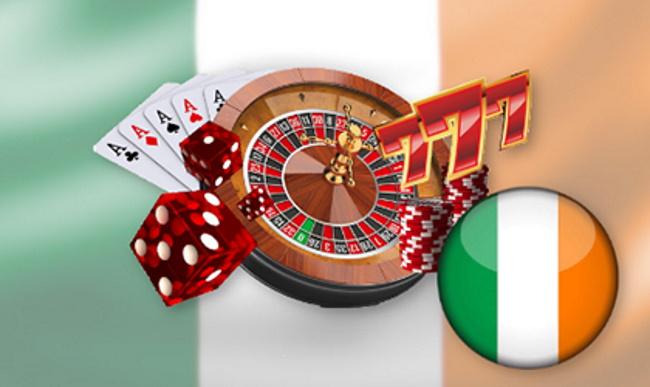
Betting has always been an important part of Irish culture. Dice believed to have been used for gambling has been found at many historic sites. It may sound shocking but casinos are illegal in Ireland. There are no establishments that operate exclusively as land-based casinos to the public. The land-based casinos in Ireland are private clubs.
The idea is to regulate the number of people allowed to play at these private clubs. They are allowed to provide betting machines and tables to their members. Members are also expected to register with the private clubs before they can access or use their gambling services. These land-based or private casinos are mostly found in cities.
On the other hand, horse racing is also an important part of Irish culture. Betting on horse racing has always been legal. Although it was only possible to place your bets at particular channels in the past, you can now place your bets through multiple channels. You do not have to walk to betting counters.
Betting on games of chance is very legal in Ireland. After soccer, horse racing, Gaelic football, dog racing, and golf are popular forms of betting in Ireland. The government allows both local and foreign companies to provide betting services to the Irish people.
Lotteries are also very legal in Ireland. They even started as a government venture in Ireland. It wasn’t till 2013 that private companies could operate lottery services to the Irish people. Online casinos are also legal in Ireland. This also contributed to the growth of the online Irish gambling industry.
Gambling Addiction In Ireland
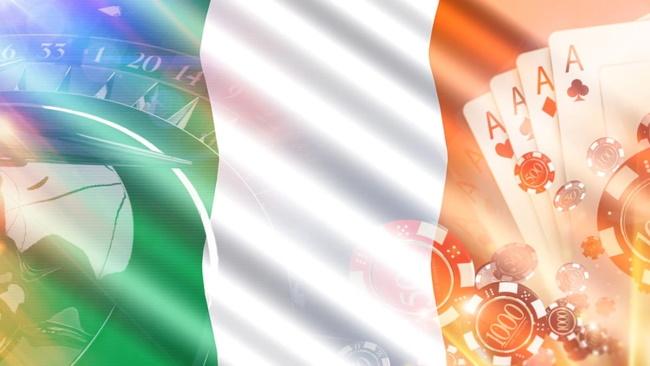
There are several statistics around to show how successful Ireland has been within the gambling industry, there are plenty that shows its popularity in a scarier light. With so many gambling chances available to the Irish, it’s easy to lose control of your inhibitions and go crazy with your bets.
In 2016, the number of people accepting a gambling addiction had increased by 6.5 per cent, forcing people to ask the government for help on gambling regulations. There are now over 40,000 Irish individuals suffering from a gambling addiction.
Considering that standard sports betting and land-based casinos were securely rooted in the culture of Irishmen, online casinos only fuelled the popularity of casinos. Reports have been constructed by experts within the field of gambling addiction, and it’s been strongly suggested that fierce regulations need to be put in place across Ireland to keep a restriction on those who lose control over the activity.
Of course, it would be inhumane to get rid of such a strong culture from Ireland, so new regulations need to only help those who’ve lost control, and not completely restrict them from participating in gambling activity after their addiction recovery.
Conclusion
Gambling in Ireland has a deep-rooted presence within the culture, offering a diverse array of opportunities including sports betting, online casinos, lotteries, and more. The legal landscape has evolved over the years, with key legislation such as the Betting (Amendment) Act and the Gambling Control Bill playing pivotal roles in shaping the industry. While gambling contributes significantly to the economy and provides employment, concerns about gambling addiction have also surfaced. Striking a balance between preserving this cultural pastime and safeguarding individuals from addiction remains a challenge. The growth of online gambling has expanded accessibility, emphasizing the need for responsible regulations that address addiction issues while allowing enjoyment to persist.